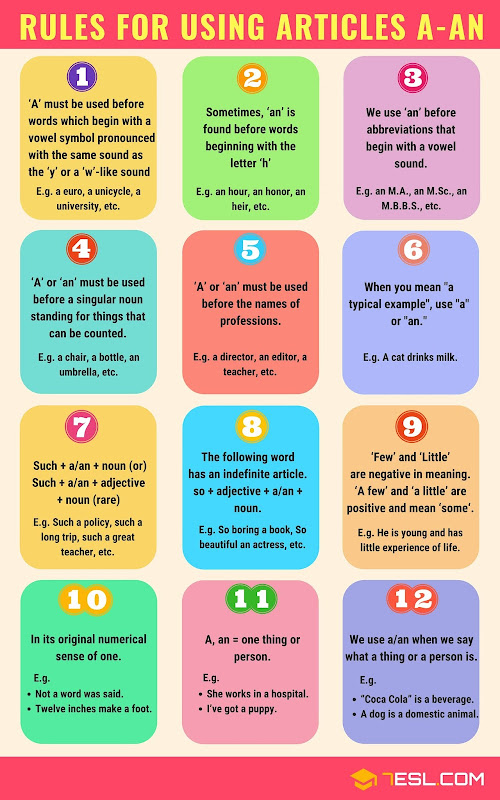Possessions and Relationships
I have got a small house. = I have a small house.
She has got a lot of friends = She has a lot of friends.
- HAVE GOT is less common in American English, especially in questions and negatives.
UK USA
Have you got time? Do you have time?
I have got a problem. I got a problem. (quite common)
- Common Errors with ‘HAVE GOT’
- ‘do’ and ‘got’ are not used together:
RIGHT WRONG
Do you have any children? Do you have got any children?
Have you got any children? Have you any children?
Don’t use ‘have got’ when we’re talking about repeated or habitual states.
RIGHT WRONG
He has got a headache today. He has often got headaches.
He has a headache today.
He often has headaches.
‘HAVE’ to Talk about Actions and Experiences
Let’s have some wine.
When are we having lunch?
I had a good time at the concert.
- In expressions like these, ‘have’ can mean ‘eat’, ‘drink’, ‘enjoy’, or ‘experience’. The exact meaning depends on the noun that follows.
Common expressions:
have breakfast | have lunch | have dinner |
have a dream | have an accident | have a good time |
have a bad day | have a day off | have a good flight |
have a good trip | have a conversation | have a disagreement |
have a fight | have difficulty | have a problem |
- Keep in mind that in British English using ‘have’ with the words ‘bath’, ‘shower’, ‘rest’, ‘swim’, and ‘walk’ is more common, but in American English, ‘take’ is also possible
UK USA
I’m going to have a shower. I’m going to take a shower.
Let’s have a walk. Let’s take a walk.
- Use ‘do’ to make questions and negative statements. Progressive/continuous forms are also possible:
RIGHT WRONG
Did you have fun? Had you fun?
I don't know what we're having for lunch today.- When using this structure, contractions are not common
RIGHT WRONG
I have dinner at around 8 pm. I've dinner at around 8 pm.





















